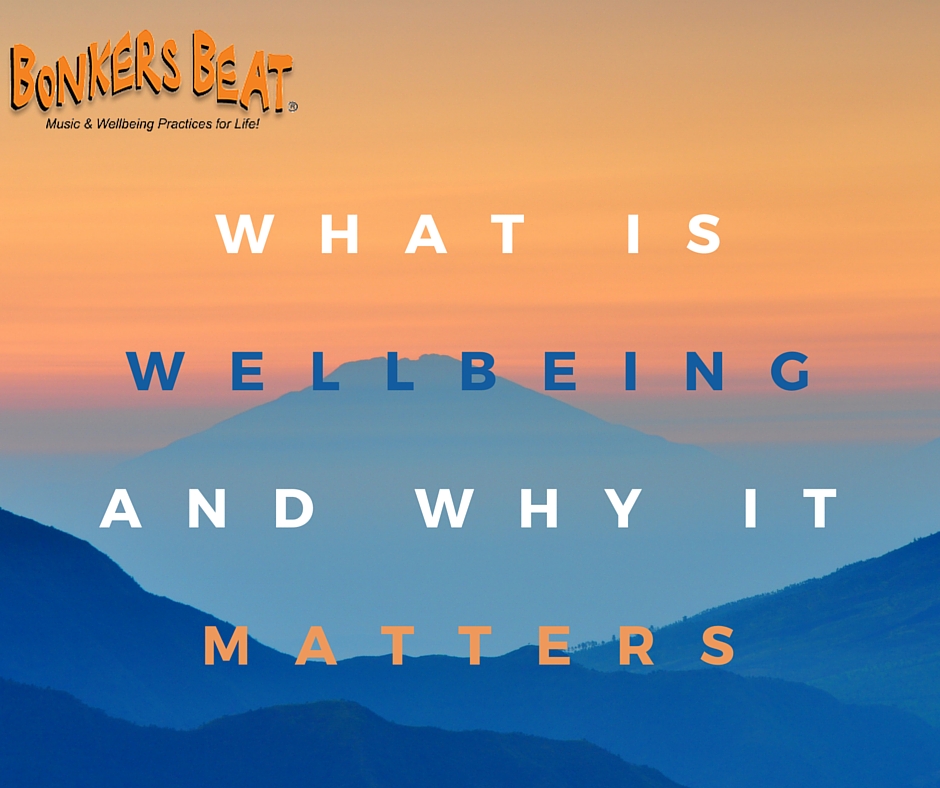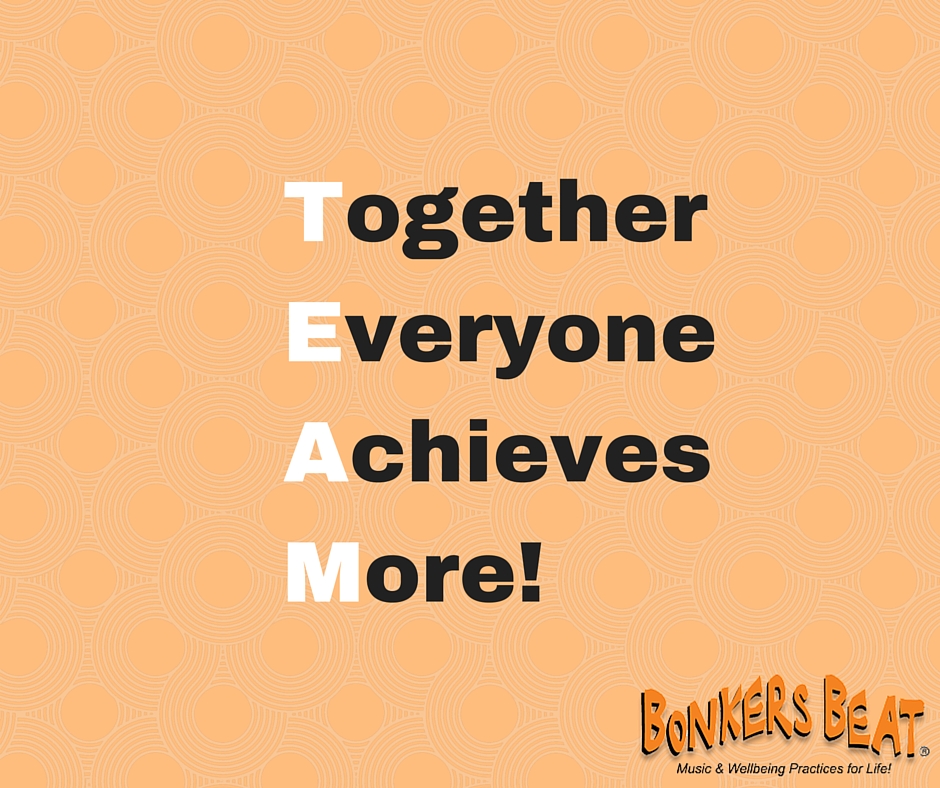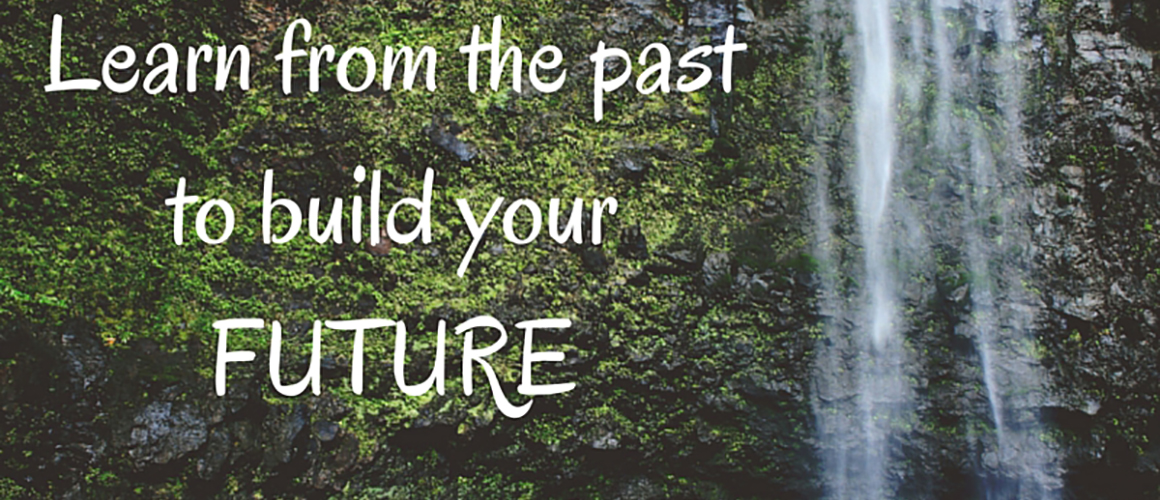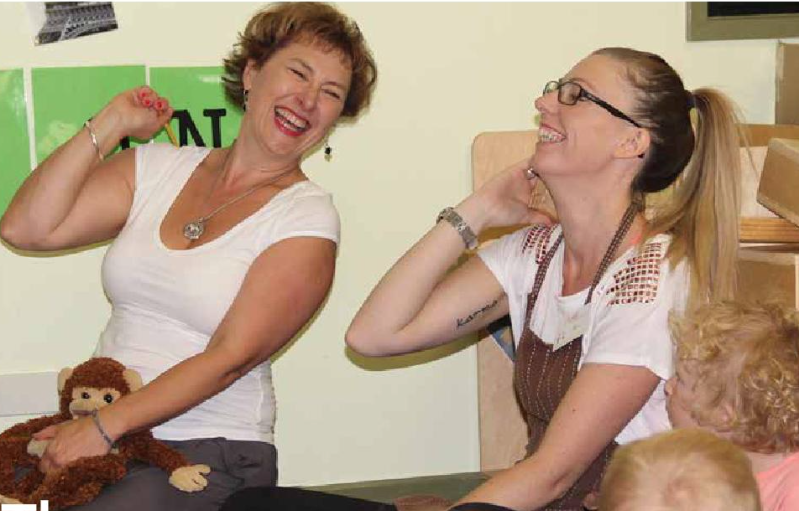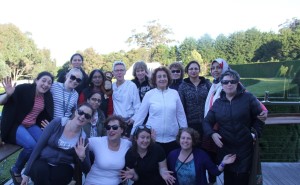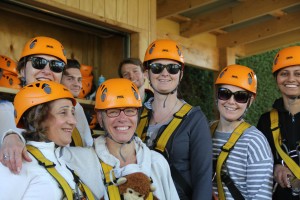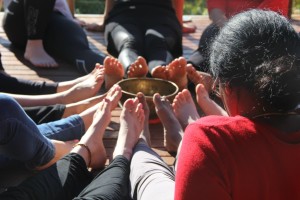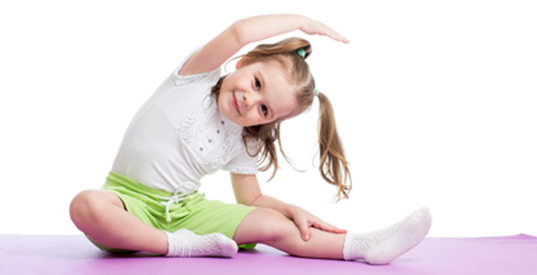You hear about wellbeing all the time and you know that it’s important, but if you’re wondering “what is wellbeing?”, you’re not alone!
Research indicates that wellbeing is “a state of being comfortable, healthy, or happy”. Collins English Dictionary defines wellbeing as “the condition of being contented, healthy, or successful; welfare“. According to the Macmillan Dictionary, wellbeing is “the satisfactory state that someone or something should be in, that involves such things as being happy, healthy, and safe”.
When we think of wellbeing we need to remember that it comprises all elements of wellness – that is good physical health and good mental health. These contribute to the bigger picture that is our overall state of wellbeing, which affects our day-to-day enjoyment and comfort.
The Bonkers Beat programs highlight music as a means to enhance learning but also to provide a pathway to improving the wellbeing of children and educators.
How Music Improves Wellbeing
PHYSICAL WELLBEING: Encourages physical activity; reduces muscle tension; stimulates feel-good hormones; boosts immunity
EMOTIONAL WELLBEING: Calming effect; reduces negative emotions; lyrics can function as positive affirmations; uplifts the spirit
SOCIAL WELLBEING: Facilitates teamwork; increases self-esteem; builds confidence; can embed social skills
Wellbeing Practices for Life
In addition to music and these amazing benefits noted above, the Bonkers Beat programs also focus on incorporating wellbeing practices every day. Wellbeing practices include: yoga, stretching, breathing exercises and meditation.
The positive results from these activities can often be noted immediately – and once again, they benefit educators as well children! The impact is both physical and emotional, from lowering cortisol (stress hormone) levels to increasing mobility and so much more.
Wellbeing Matters
These figures from beyondblue indicate why wellbeing matters for all of us, young and old:
- 3 million Australians are living with depression or anxiety
- One in four young Australians currently has a mental health condition
- One in 16 young Australians is currently experiencing depression
- One in six young Australians is currently experiencing an anxiety condition
- Suicide is the biggest killer of young Australians and accounts for the deaths of more young people than car accidents
Furthermore, 6-38% of family day care educators met criteria for depression according to the findings from the research project ‘Work and wellbeing in family day care’, by the Melbourne Graduate School of Education, Deakin University, RMIT and The Jack Brockhoff Child Health & Wellbeing Program.
Enhanced Wellbeing for Children and Educators
While our role and passion is to enhance the wellbeing of children in our care, at Bonkers Beat we feel it’s important to make note of the importance of educator’s wellbeing too.
If we are not feeling good within ourselves in an emotional, physical or social sense, then we need to be supported by our team to improve our wellbeing.
By bonding and enhancing that sense of teamwork in your centre, as well as incorporating music and wellbeing practices each day, educators will have the tools they need to do what they do best, and be the best they can beWhile our role and passion is to enhance the wellbeing of children in our care, at Bonkers Beat we feel it’s important to make note of the importance of educator’s wellbeing too.
If we are not feeling good within ourselves in an emotional, physical or social sense, then we need to be supported by our team to improve our wellbeing.
By bonding and enhancing that sense of teamwork in your centre, as well as incorporating music and wellbeing practices each day, educators will have the tools they need to do what they do best, and be the best they can be. And that’s why wellbeing is so important, not only to children but to early childhood education.
The upcoming Bonkers Beat Wellness Summits are committed to the wellbeing of educators and children. We aim to ensure each educator has the tools and support within their centre to do the best job possible with children in their care and enjoy each day with a sense of enhanced wellbeing. The exclusive Bonkers Beat Wellness Summits are run in Australian capital cities and are included for all educators from centres who are members of Bonkers Beat Music and/or Wellbeing programs. If you’d like to learn more, click here.

